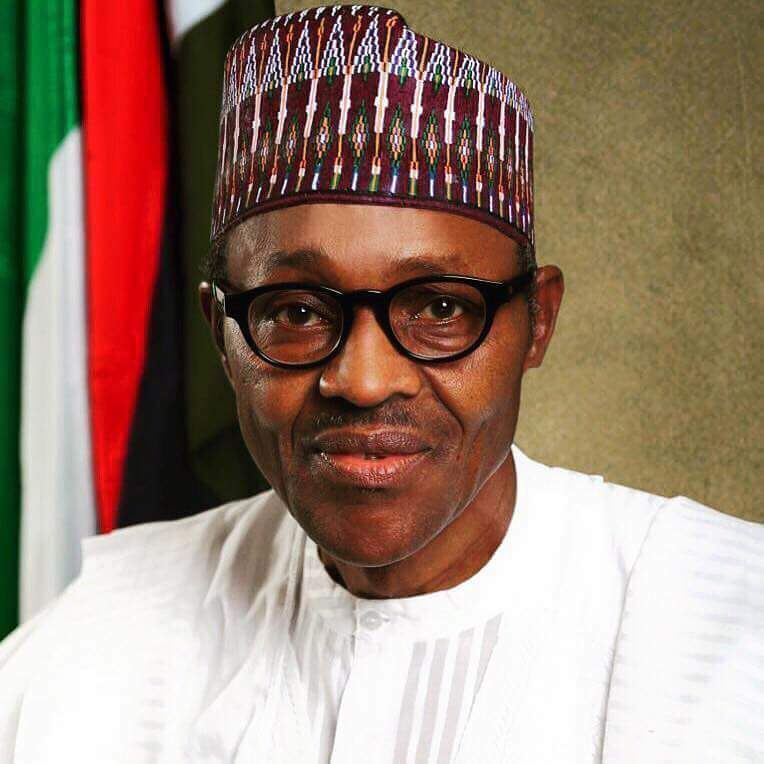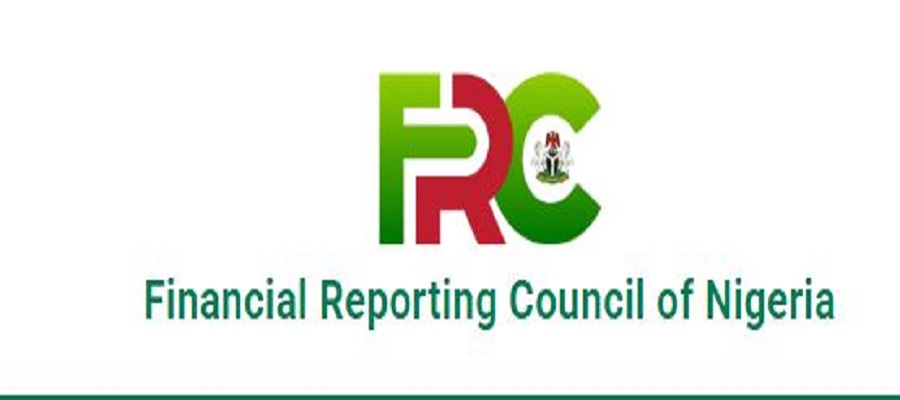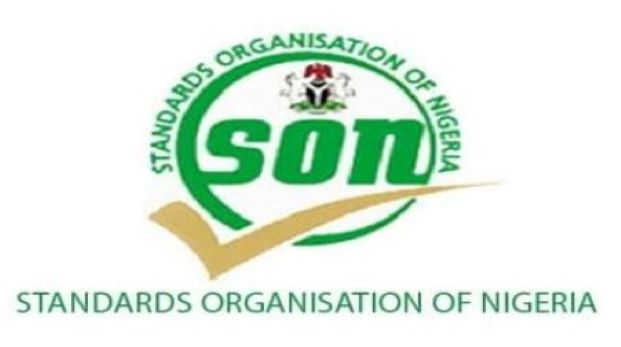General News
Victory hands Buhari second chance to lead Nigeria

By Lukman Otunuga, FXTM Research Analyst.
The people of Nigeria have decided to grant President Muhammadu Buhari another chance to restore and stabilize the economy. Although there was a combination of uncertainty, confusion and anxiety following Buhari’s election victory, this is poised to fade as focus returns back to macroeconomic conditions. With the elections done and dusted, the key question on the mind of many investors is what this means for the Nigerian economy in 2019 and beyond.
Buhari’s re-election certainly suggests continuity, something that offers the nation a chance to build on its economic recovery and growth strategy. This fact alone is a welcome development for foreign investors, especially those attracted to stability and consistency in economic policy. The truth of the matter is that the president faces an extensive to-do list within a four-year timeframe, including rekindling economic growth, boosting infrastructure and most importantly, diversification. On top of all of this, there are external risks in the form of trade tensions, slowing global growth and depressed Oil prices, all of which l have the potential to threaten the nation’s recovery.
Digging deeper into Nigeria’s economic conditions, unemployment has risen to over 23% in the last four years while the nation’s stock markets are one of the world’s worst performing. While it’s easy to point fingers and blame Nigeria’s leadership for its woes, external risks in the form of falling Oil prices was a primary culprit behind the recession. Lessons from the past should encourage the administration to invest in infrastructure and step up its efforts in finding growth from other sustainable sources. With Nigeria boasting a youthful population and fertile land, one of the solutions to attaining stability could be found in agriculture.
With the Economic Recovery and Growth Plan (ERGP) already in place, this may result in Nigeria’s economic growth hitting roughly 2% YoY. Nigeria however, like many other Oil export-dependent emerging markets, remains exposed to US-China trade developments, global growth fears and Oil prices. If the two largest economies in the world are unable to find a middle ground on trade, global growth decelerates and Oil prices tumble, it will bring nothing but bad news for Nigeria.
In regards to the foreign exchange, this is another grey area that impacts investor sentiment towards the Nigerian economy. There is a possibility that Buhari’s victory results in the continuity of the current fixed/multiple system by the Central Bank of Nigeria. While this has resulted in Naira stability in recent years, it has come at a heavy cost in the form of foreign exchange reserves. Will the CBN ever allow the natural forces of supply and demand to determine the equilibrium value of the Naira? This remains a question on the mind of many investors.
On the bright side, PricewaterhouseCoopers (PwC) reported that Nigeria remains the largest economy in Africa for the second year in a row. However, much work is needed for the nation to keep this title. The story defining Nigeria’s economy remains one that depends on Oil exports for more than half of its government revenues. This represents a major downside risk, as falling Oil prices will not only cut revenues but also spark foreign exchange instability by sabotaging the Central Bank of Nigeria’s efforts to shield the Naira. The negative knock-on effect from such a development would most likely ripple through all concerns of the economy.
At the end of the day, the quicker Nigeria is able to source sustainable growth from non-Oil sectors, the quicker there will be a positive change in sentiment towards the largest economy in Africa.
General News
FG Halts Controversial FRC Dues amid Industry Outcry

Federal government has temporarily suspended the controversial annual dues imposed on public interest enterprises by the Financial Reporting Council (FRC) after fierce opposition from businesses.

Jumoke Oduwole, minister, Industry, Trade, and Investment, announced the decision during a Ministerial Consultative Meeting in Abuja on Wednesday.
The move follows mounting pressure from private sector groups, including the Nigeria Employers’ Consultative Association (NECA) and the Manufacturers Association of Nigeria (MAN), who slammed the Financial Reporting Council (Amendment) Act 2023 for burdening companies with excessive fees.
The Act mandates cumulative annual charges for non-listed entities and imposes a harsh 10% monthly penalty on unpaid dues, compounding until full payment, a provision that sparked widespread backlash.
At the meeting, major industry players like NECA, MAN, the Nigerian Association of Chambers of Commerce (NACCIMA), oil producers, and telecom operators warned that the fees would cripple businesses already struggling in a tough economy.
Oduwole clarified the suspension, stating, “The government has decided to direct the Financial Reporting Council to pause in the implementation of the new annual dues. You know that I am a lawyer, and a suspension request by the organised private sector would be in contravention of legislation duly passed by the National Assembly. A pause is an administrative process simply to review, in line with what we discussed today.”
She assured stakeholders that the halt would last no longer than 60 days, with a technical working group—including FRC officials and private sector representatives—set up to reassess the policy.
“We are a listening administration. The private sector has requested a range from three months to an indefinite suspension. We are not going to do that. So, at the most, 60 days is in my estimate. We are going to set up a technical working group comprised of the FRC and the organised private sector who have formally written in, and this will be reviewed,” Oduwole emphasized.
General News
SON Pledges to Standardize Made-in-Aba Products

The Standards Organisation of Nigeria (SON) says it is intensifying efforts to standardise locally manufactured products, including Made-in-Aba brands, in order to enhance both local and international acceptance.

Aharanwa Chuks, Director of Region (South East), SON, communicated this in an interview with the News Agency of Nigeria (NAN) on Wednesday in Abuja.
Chuks said through the Mandatory Conformity Assessment Programme (MANCAP), SON ensured that all Nigerian-made products conformed to the relevant Nigerian Industrial Standards (NIS).
According to him, MANCAP involves direct engagement with manufacturers to certify that their products meet established quality benchmarks.
“This process includes inspecting production facilities, sampling products and testing them against NIS requirements.
“Successful compliance results in the issuance of the MANCAP certification, signifying adherence to quality standards.
“In Aba, SON has been proactive in educating manufacturers about standardization.’’
The director said SON also conducted stakeholder interactions; gathering manufacturers from various sectors to provide guidance on producing goods that met both local and international standards.
“For instance, leather manufacturers in Aba have been sensitized on standardization practices to enhance the global competitiveness of their products.
“Manufacturers are encouraged to collaborate with SON to obtain MANCAP certification, ensuring their products are not only marketable within Nigeria but also competitive internationally.
“This initiative aims to boost consumer confidence and promote the acceptance of Made-in-Aba products globally,” Chuks said.
General News
EFCC Arrests 133 @ Ponzi Scheme Training Academy

Operatives of the Economic and Financial Crimes Commission (EFCC), has busted a Ponzi Scheme Academy and arrested 133 suspects in Abuja.

They were arrested at the Compensation Layout in Gwagwalada area of the Federal Capital Territory, FCT, Abuja, following actionable intelligence on the existence of the Academy.
The Academy, named Q University (a.k.a Q-Net) is in the business of recruiting gullible young Nigerians who are trained to recruit more gullible citizens into the scheme with the promise of getting unrealistic profit returns.
The suspects are enrolled into a training codenamed: “Special Training for New Generation Billionaire” and brainwashed to believe that they would graduate into the league of billionaires.
They got into the training by obtaining a form the promoters called “Independent Representative Application Form” with promotional slogans such as: “I’m a Champion” “I’m Unstoppable”, “I’m Infinity”, among others.
The EFCC carried out the operation in collaboration with officers and men of 176 Guards Battalion, Nigerian Army.
Items recovered from the suspects include phones, computers and other electronic gadgets.
They will be charged to court as soon as investigations are concluded.

 E-Business3 days ago
E-Business3 days agoFG Plans to Link Social Register to NIN for Humanitarian Crisis

 Broadcasting3 days ago
Broadcasting3 days agoWe’re Confident in the Super Eagles – Karl Toriola

 Telecom3 days ago
Telecom3 days agoKeystone Bank Seeks to Join Suit in Tussle over 9Mobile Shares Ownership

 E-Financial3 days ago
E-Financial3 days agoFG to Harmonise Fiscal Data Across MDAs

 E-Business3 days ago
E-Business3 days agoFive WhatsApp Business Features Every Small Business Should Be Using

 News3 days ago
News3 days agoSenate Probes Federal Character Violations by NDIC, Others

 E-Financial3 days ago
E-Financial3 days agoZumax Files N4.1Bn Suit against CBN over ‘Fraudulent’ Receivership

 News2 days ago
News2 days agoCourt Throws Out Falana’s Fraud Case against Ekeh, Zinox Boss and Others



























